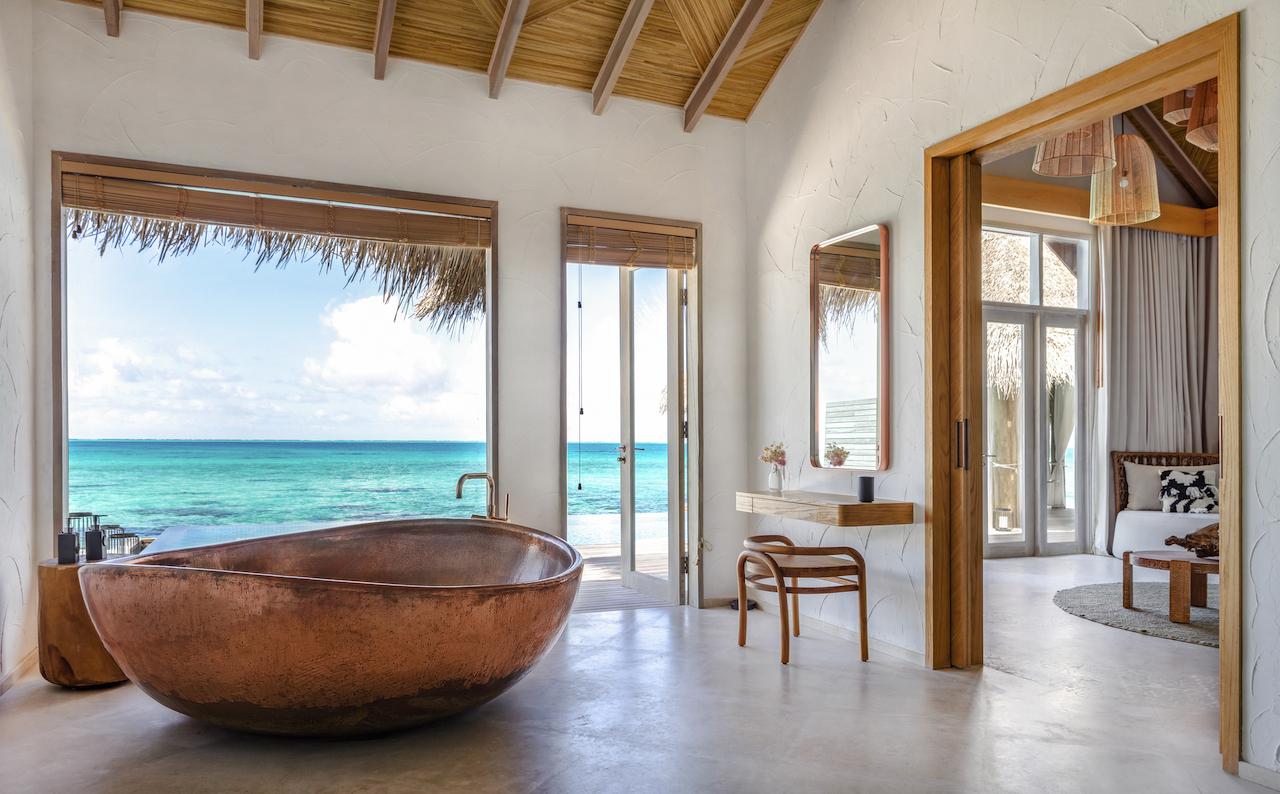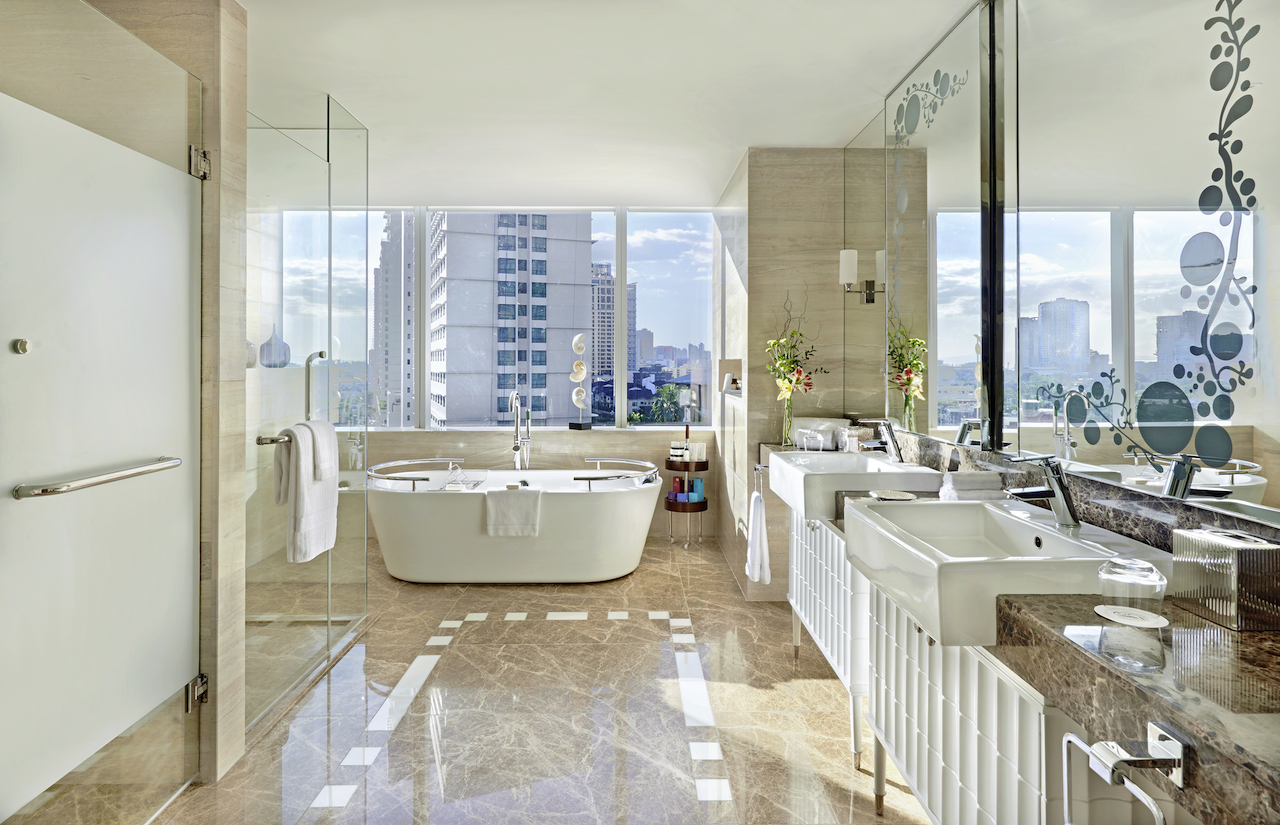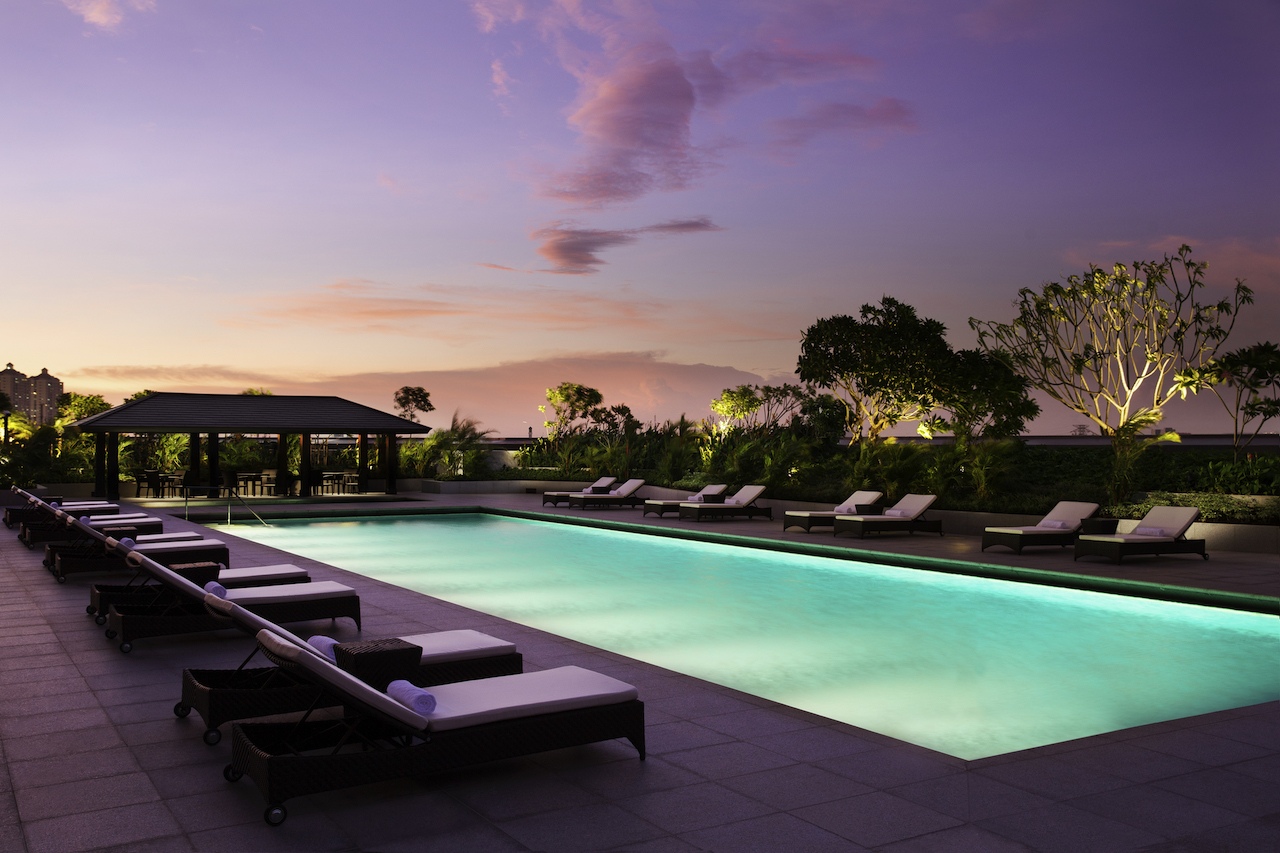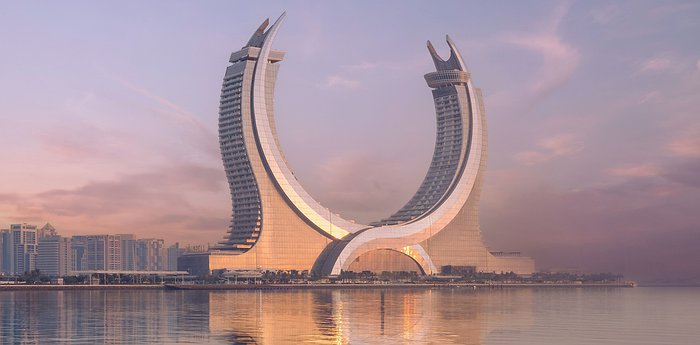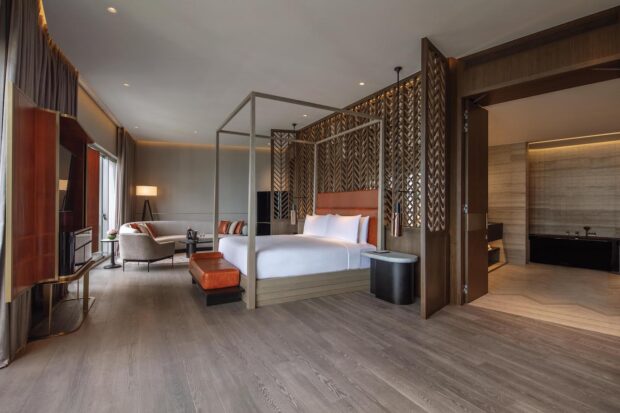
Fairmont CEO Mark Willis talks about growth in Asia, experiential luxury and how AI will revolutionise guest stays.
As the new CEO, what are your expectations for Fairmont and where will growth be focused?
Fairmont currently operates 13 hotels across Asia and we’ll see a lot more growth across the region with the recent signing of Fairmont Bangkok, and upcoming hotels in Hanoi, Phu Quoc and Tokyo. In India, we currently have one property and we’ll be growing to five in the next two years with openings scheduled in Udaipur, Mumbai, Shimla and Agra.
Saudi Arabia is also a key market for us. We’re already present in Riyadh and Makkah and recently signed a new property in Madinah. Fairmont will soon be present in all major cities in Saudi Arabia, playing a role in the nation’s 2030 vision of diversifying its economy and growing the tourism sector. We’ll also be focusing growth on prime locations where we are not yet present including Las Vegas, Paris, Bali, Phuket, Kuala Lumpur and Jeddah.
What patterns are you noticing in Asian travel?
With China and Hong Kong opening up this year, we’re expecting to see a surge in the number of Asian travellers in 2023 across our properties. However, with international flight costs still high and a degree of uncertainty about travel remaining for those who haven’t flown since before the pandemic, we anticipate a large number of domestic bookings from Asian travellers, especially in markets like China.
For those who do opt to travel abroad, we’re expecting to see a spend on luxury authentic travel experiences and longer trips as opposed to short weekend getaways.
We’re also seeing the recovery of the business travel segment. While it still somewhat lags behind the leisure travel segment given the increase in remote working following the pandemic, there is a growing demand for in-person meetings again and an increase in demand for MICE facilities. The new Fairmont Bangkok Sukhumvit will be the first fully integrated luxury MICE hotel in Thailand, offering extensive meeting facilities to meet the needs of a new era of luxury events.
What travel trends do you foresee going into 2024?
Sustainability remains a top priority for travellers and for the Fairmont brand. Many of our hotels have received recognition for their food waste management, water management, decarbonisation, coral conservation and bee programmes among other initiatives. As a group, all hotels are committed to reducing food waste and will be required to install a Food Waste Management system by this September. Fairmont, along with Accor, has also announced its commitment to reaching net zero carbon emissions by 2050.
Bleisure travel remains a big trend, even more so post-covid, with travellers opting to tag on a few extra days instead of travelling a long way for a quick two- to three-day business trip. We’re noticing an increase in business travellers arriving with their partners to explore and make the most of their time abroad. Our properties already have a focus on wellness and offer an urban sanctuary amid busy city locations. This is a focus for us to develop and further refine to cater to partners looking for a place to relax and unwind.
Culinary creativity also remains a top trend and is often now a reason for travel. Especially with the younger generation, we’re seeing guests who are staying in a certain location for a particular restaurant or culinary experience in the area that they’ve specifically travelled for.
AI is another big trend – how can it improve guest stays?
AI has the potential to revolutionise the guest experience as it can provide more personalised and efficient service through the use of recommendation engines, smart room technology and by automating repetitive tasks. It can enable automated check-out, monitoring and prediction of maintenance needs in hotel rooms, forecasting demand and adjusting room availability and more, all of which will enable staff to spend more time with guests to enhance their experience.
Most established hotel brands such as Fairmont want to capture Gen Z’s attention without alienating loyal followers. How do you do that?
Gen Z travellers are passionate about associating with brands that are socially responsible; they are looking for an increase in transparency and accountability. We’ll make it a priority to communicate all that we’re doing as a brand across all social media platforms, from LinkedIn to TikTok. We’ll continue to leverage on quality rather than quantity when it comes to attracting the right customers who feel they belong with Fairmont – those who associate with the brand values, direction and practices.
What does experiential luxury mean in today’s post-Covid world?
Experiential luxury is all about personalisation, anticipating the needs of a guest and tailoring a stay to their preferences. We strive to create meaningful connections with guests, calling them by their name, remembering what their favourite drink is, and suggesting relevant experiences. This has always been key for hotels but post-covid, it is of even greater importance with travellers looking for hospitality that makes them feel cared for at every touchpoint. Our customised concierge service supports this, along with seamless technology like in-room tablets that will enable each guest to tailor their stay.
Experiential luxury is of course also about unique experiences that go beyond the hotel room, from 360-degree dining experiences that offer exceptional food and distinct settings to immersive cultural experiences in the surrounding locale.
In your career in hospitality so far, what lessons have you learned about leadership?
The most important lessons I’ve learned are, listen to people around you and surround yourself with people who colour outside of the lines – they are the ones who will create real impact and change in the world. I’ve also learned that hospitality has a place for everyone; we can always find a role for someone motivated to work in the industry.
Tell us about the group’s recent and upcoming openings and single out some of your favourites
Fairmont Doha is a recent opening. Housed in the iconic crescent-shaped Katara Tower, it’s a defining symbol of this fast-growing city. In terms of upcoming projects, I’m excited by the Fairmont Red Sea, a luxury family, wellness and nature-focused resort that will be a part of the upcoming landmark Red Sea Project. Then there’s the Fairmont Agra, which will be located next to the Taj Mahal when it opens in 2025, and the Fairmont Dubai Skyline, which will feature 54 floors across a 226m-high building and is set to open in 2024.
How do you expect the Fairmont brand to evolve over the next few years?
We’ll seek to attract and engage the modern traveller by offering unique and personalised experiences, catering to diverse audience segments such as Gen Z, Social Culturalists, HENRYs, and Digital Nomads. Personalisation will be a key aspect of the Fairmont experience, ensuring that each guest feels valued and special. As a part of this evolution, Fairmont will consolidate its flagship properties and expand its presence in key cities around the world, including Las Vegas, Miami, Munich, Paris, Rome, Milan, Madrid, Amsterdam, Hong Kong, Bali, Sydney, Guangzhou, and Jeddah.
Which Fairmont hotels do you most enjoy staying at?
That’s very tricky to answer as I enjoy them all for different reasons but if I had to pick I’d say the Fairmont Royal York in Toronto for its iconic bar, Clockwork; The Savoy in London for its elegance and history; and Fairmont Hotel Vier Jahreszeiten in Hamburg for outstanding quality.
For more Mile High Club columns click here
STAY IN THE KNOW BY FOLLOWING US ON FACEBOOK, INSTAGRAM, & LINKEDIN


